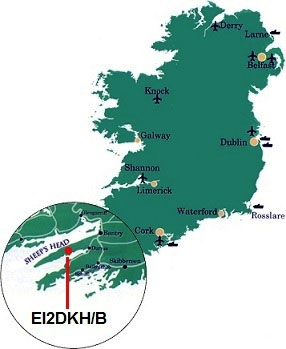In 2021, ICOM announced that they were developing a transceiver for the microwave bands. At the time, it seemed like a highly unusual but welcome development.
See the Addendum at the bottom of the post for updates...
In April of 2022, they announced more details. They write... "Under the theme of “ICOM SHF Project – Super High Frequency Band Challenge –”, we started to develop a new amateur radio available for use in the 2.4 GHz and 5.6 GHz bands.
Icom engineers are working hard to research and develop a number of never cleared challenges within the SHF band, such as large cable loss and higher frequency stability requirements. The ultimate goal is to bring it to the market as a new radio product. Icom is striving to bring to you a new era in fun and possibilities of an SHF band amateur radio, which to date has had high technical and equipment hurdles to overcome, and we hope to make these bands more attractive and active so that anyone can easily operate on them. We are developing an epoch-making SHF band amateur radio that no one has never imagined before."
The microwave radio is essentially a box that this designed to be fitted at the top of a mast or roof of a house. This will keep any coax losses to an absolute minimum.







